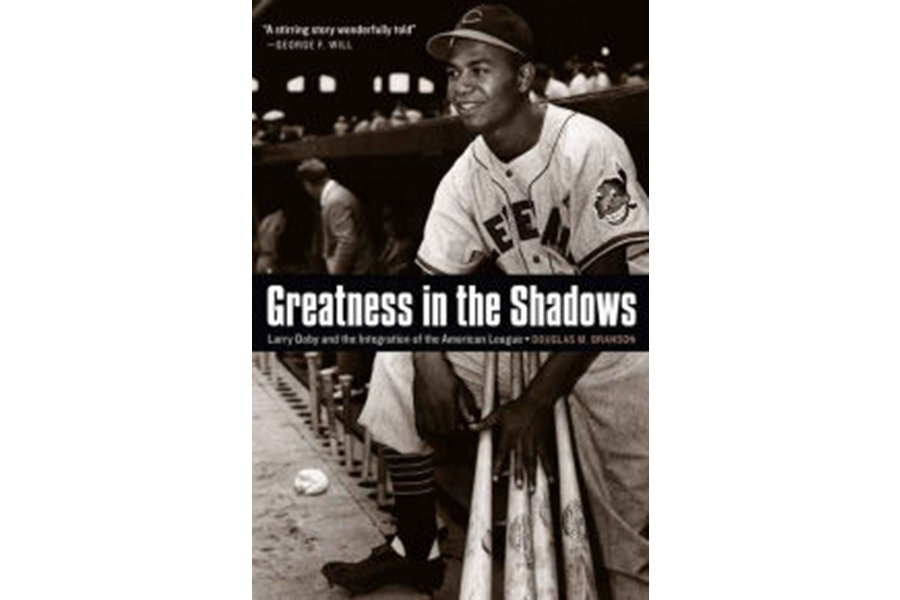While Jackie Robinson has always been Exhibit A in integrating baseball, Larry Doby, a seven-time All-Star with the Cleveland Indians, has been a largely overshadowed Exhibit 1A. His story, however, deserves better than second-class status. What many people may have forgotten or never knew is that Doby became the first black player in the American League in 1947 just 11 weeks after Robinson joined the National League’s Brooklyn Dodgers. As author Douglas Branson explains, Doby and Robinson were cut from the same cloth in various ways: Both, for example, were well-educated World War II veterans who played briefly in the Negro Leagues. And as racial pioneers both had to deal with the animosity of fans and fellow players. Branson looks at the factors that have somewhat veiled Doby’s rightful place as a groundbreaker. After all, Doby was the American League’s lone black All-Star well into the 1950s and eventually became the second black to manage in the majors after Frank Robinson (no relation to Jackie).
Here’s an excerpt from Greatness in the Shadows:
“Doby was a quiet, dignified, and sensitive person. Jackie Robinson, who endured many of the same slurs and abuse, had a fiery personality. If Robinson felt slighted, much less abused, he called it out and shouted down those who had attempted to victimize him. He had a disposition that better equipped him for what he faced than did Doby.
“And Doby faced it all: hostile teammates; a segregated spring-training hotel in Tucson; segregated hotels in Baltimore, St. Louis, and Washington when on the road; whites-only taxicabs; ushers who would not admit him to ballparks (once when he was in his Cleveland Indians uniform); bottles and rocks thrown at him from the stands; racial epithets shouted by the fans; threatening letters. Through all this [Cleveland Indians owner Bill] Veeck helped Doby as best he could. As Doby later told an interviewer on National Public Radio, ‘Bill Veeck was just as important to me as Branch Rickey was to Jackie Robinson.’ ”







